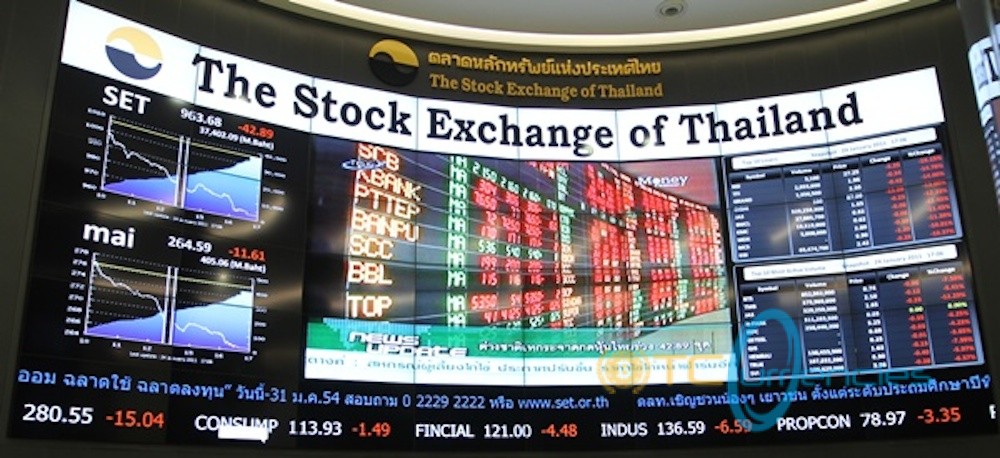A draft decree regulating cryptos and ICOs has been approved by the Thailand cabinet. The term “digital assets” has been re-defined, but the taxation structure remains. Cryptocurrency businesses are required to obtain licenses from relevant authorities and file reports at the anti-money laundering offices.
Mr. Apisak Tantivorawong, the Minister of Finance, revealed to reporters that the draft- which had been proposed by his ministry-did not undergo any major changes. The only substantial change is perhaps, the re-definition of “digital assets” that is now “digital tokens and cryptocurrencies, removing other assets like electronic data, as the previous draft specified,” a local media outlet detailed. The decree is set to be published in Thailand’s Royal Gazette and then become law.
The Bangkok Post quoted the minister to have said that “the new law is necessary to regulate digital tokens and cryptocurrencies comprehensively to prevent crime, tax avoidance, and money laundering. The law isn’t meant to ban cryptos, Initial Coin Offerings, and various digital asset-related translations. It is meant to protect investors.”
The Finance minister also said that the Thai SEC (Securities and Exchange Commission) is working with his ministry on “the laws which require every digital asset transaction to be registered by relevant authorities. These transactions include those involving brokers and dealers, and digital asset exchanges.”
Another local media source, the Thai Rath explained that �businesses involved all crypto transactions such as crypto exchanges and dealers have to get a license from either the SEC or any recognized foreign currency dealer. The companies must report all their asset sources and transaction amounts to the Thai Anti-Money Laundering Office.” Apparently, this is because the Thai government is seeking “to protect investors.”
Taxation finalized
Mr. Wisut Srisuphan, Deputy Finance Minister, has confirmed taxation of cryptocurrency traders as previously proposed in an earlier draft, will remain. “When this law takes effect, traders making digital-asset related transactions are going to be liable for seven percent VAT (value-added tax) payment besides the 15 percent withholding tax on various capital returns and gains like investments. Retail investors are going to be exempted from the VAT payment when trading digital assets via exchanges. Those without any capital gains will pay VAT only,” the Bangkok Post explained.
Unfavorable for ICOs
Thai Fintech Association’s Chair, Mr. Korn Chatikavanji, is also quoted by the news outlet to have commented on the law, saying that it is going to “affect the growth of local startups since they will prefer registering their firms overseas to avoid this taxation.”
The chair believes that it “isn’t a problem for Initial Coin Offering issuers” to take those offerings to, say, Singapore even if the costs may be higher. Singapore is a great location for raising funds through ICOs. The country waives tax on capital gains, and therefore, the market there supports ICOs registrations with good prospects.”
Before this law is enforced, the decree will grant issuers of Initial Coin Offerings up to ninety days to inform agencies like the Thai SEC, about their plans. This is an extension following complaints from market participants that the sixty-day period previously granted “wasn’t reasonable.”




